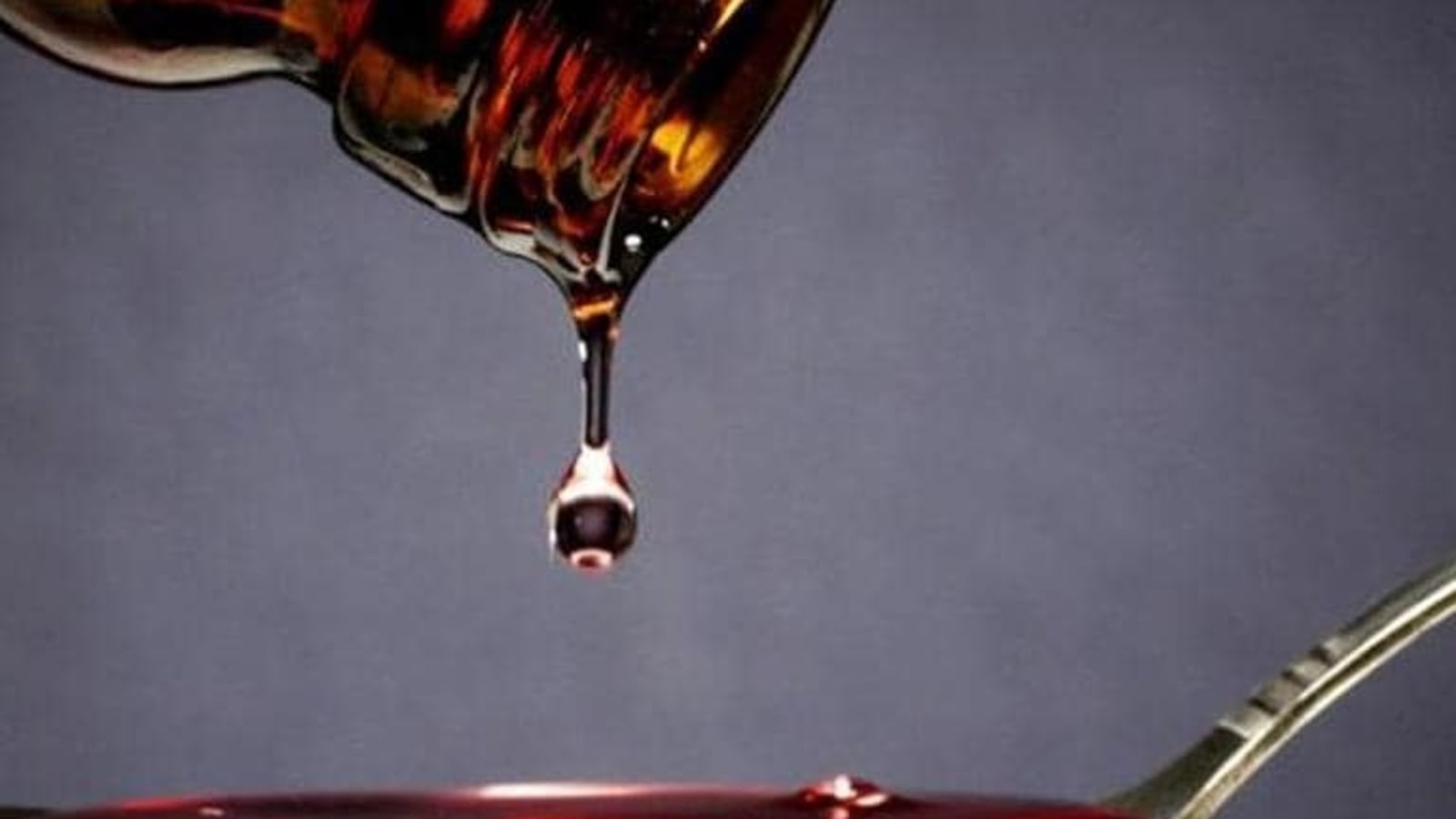WHO Investigating Made-in-India Cough and Cold Medications
Key Highlights :

The World Health Organisation (WHO) has issued product alerts for at least three made-in-India cough and cold medications since October and is currently investigating more products. In January, the WHO Director General issued a call to action to implore all member states to increase their surveillance and testing efforts because people are ‘needlessly being put at risk’.
Maiden Pharmaceuticals in Haryana was the first to come under the WHO scanner for ‘substandard’ cough syrup, and the WHO had issued a product alert in October last year. In January an alert was issued against Marion Biotech of Uttar Pradesh for ‘unacceptable amounts of diethylene glycol and /or ethylene glycol as contaminants.’ In April a ‘substandard ‘batch of Guaifenesin syrup made by Punjab-based QP Pharmachem was identified in the Marshall Islands and Micronesia. Guaifenesin is an expectorant used to relieve chest congestion and the symptoms of cough.
WHO spokesperson Margaret Harris said that the WHO takes all reports of substandard/falsified medical products very seriously. “WHO is aware of media reporting of potentially contaminated syrups in other countries than those listed above. Whilst investigations are ongoing, WHO has not expanded its list of medical product alerts. This may change as we receive more information,” Harris explained.
Harris said that there are historical incidences of product contamination with diethylene glycol and or ethylene glycol dating back to the 1930s. ”Diethylene glycol and ethylene glycol are toxic substances and should not be present in human medicines,” she added.
The recent spate of contaminated medicines began with reports in July - October 2022 in The Gambia with subsequent reports in Indonesia, Uzbekistan, Micronesia & The Marshall Islands. These all warranted WHO Medical Product Alerts. Harris said that alerts are issued when a situation requires action. “WHO issues such alerts when it has sufficient evidence to demonstrate that a product is contaminated. This is determined by product analysis by the impacted country, the manufacturing country or the manufacturer. In some cases, countries ask for the help of WHO laboratories to do the analysis. WHO relies on the network of member states, their national regulatory agencies and ministries of health to share information and act on alerts issued by WHO,” she explained.
The role of WHO in this situation is to record the report, assess the public health risk posed by the contaminated product and communicate the risk to regulators and other stakeholders as well as the public/patients in a bid to detect and remove the product from circulation, the agency said. Union Health Minister Mansukh Mandaviya said earlier this week that India has already started risk-based assessment of sites of manufacturing and has a zero tolerance approach towards any sort of callousness about quality. India has also asked for cough syrup batches to be tested by Central Drugs Laboratories before exporting.
WHO is working with countries to ensure that all medical products are safe and effective for use. It is also working to strengthen the capacity of regulatory authorities to detect and remove substandard/falsified medical products from circulation. The agency is also working to ensure that medical products are manufactured in accordance with good manufacturing practices.
WHO is also engaging with the industry to ensure that manufacturers comply with international standards for quality and safety. The agency is also raising awareness amongst healthcare professionals and the public about the importance of using only quality-assured, safe and effective medicines.
The WHO is committed to ensuring that all people have access to safe, effective and quality-assured medical products. It is working to strengthen the capacity of countries to detect and remove substandard/falsified medical products from circulation. It is also engaging with the industry to ensure that manufacturers comply with international standards for quality and safety.
The WHO is committed to protecting the health of all people and will continue to monitor the situation closely and take appropriate action to ensure the safety of medical products.
